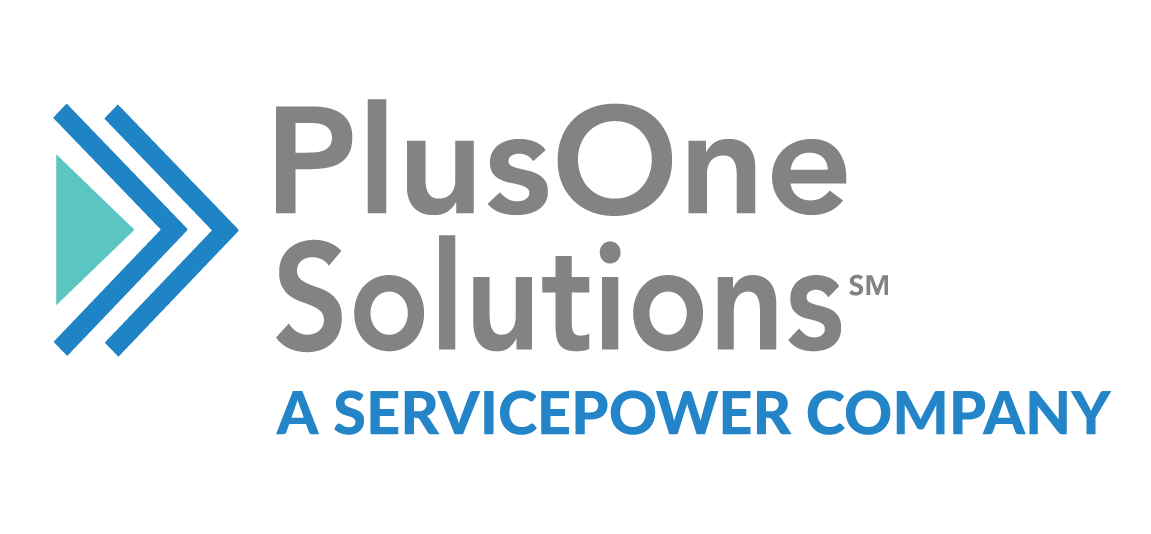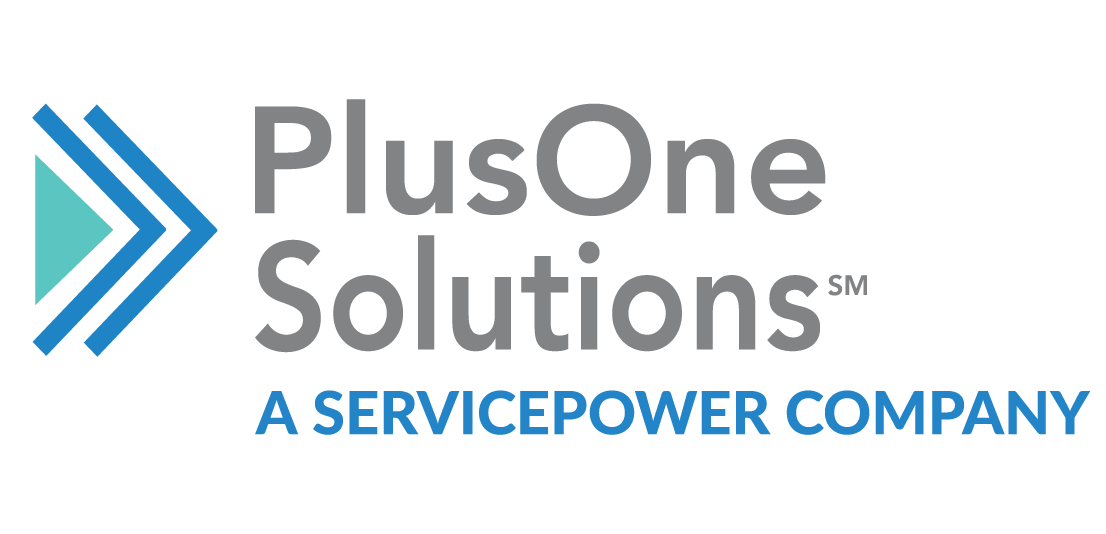In today’s hiring landscape, making informed, compliant decisions is more important than ever. While background checks often focus on criminal record or identity verification, the references background check plays a vital, if sometimes overlooked, role. By offering a window into a candidate’s past performance, professionalism, and interpersonal skills, reference checks help organizations avoid costly hiring mistakes and build stronger, safer teams.
This article explores the full scope of reference checking—its definition, legal considerations, process, and the ways modern technology is improving screening outcomes—to show why references still matter and how to make the most of them.
Introduction to References Background Checks
A references background check involves verifying a candidate’s history and qualifications through conversations with individuals who have worked with or know them well.
Unlike criminal history or education verification, checking references provides qualitative feedback about how a candidate performs in real-life work environments. They also offer insight into communication style, reliability, and culture fit—factors that can’t be captured through resumes alone.
There are several types of references, each useful in different scenarios:
- Professional references, such as former supervisors and colleagues, help employers evaluate skills and workplace behavior.
- Personal references—friends, mentors, or community leaders—can reveal information about a candidate’s character.
- Previous employers can confirm job titles, employment dates, and reasons for leaving.
These insights support broader background screening efforts by rounding out the picture created through criminal, identity, and employment verification checks. At PlusOne, professional reference checks are included in a full-service background check package.
Legal Framework and Compliance
Reference checks are not simply casual conversations; they’re subject to legal guidelines that ensure transparency, fairness, and accuracy.
Under the Fair Credit Reporting Act (FCRA), employers must obtain written consent from candidates before conducting any background check that includes reference verification. Candidates must also be informed about how the information will be used and given the opportunity to dispute inaccurate findings.
Additionally, the Equal Employment Opportunity Commission (EEOC) requires that all background checks, including those involving reference checking, be conducted consistently and without bias. Employers should avoid questions that could lead to discrimination and must apply the same criteria across all candidates.
PlusOne helps organizations maintain compliance by embedding legal protections into every step of the process. Our compliance-focused screening solutions ensure that documentation, consent procedures, and outreach methods follow federal and local laws, such as the background screening regulations for Los Angeles. Ultimately, this reduces legal exposure and supports ethical hiring practices.
The Process of Conducting References Background Checks
A successful reference check follows a structured, thoughtful process. It begins with collecting references from the candidate—typically a mix of supervisors, peers, and personal contacts. Next, employers must verify contact details to ensure they’re legitimate and relevant to the role.
Once contact is established, the employer or third-party provider conducts the interview. This usually involves asking targeted questions about the candidate’s work ethic, strengths, interpersonal dynamics, and whether the reference would rehire them. It’s important to keep the tone professional and consistent to get meaningful responses.
Documentation plays a key role in the process. Employers should maintain clear, confidential records of all interactions and responses. PlusOne simplifies this workflow by offering digital screening tools, real-time dashboards, and trained specialists who manage outreach and documentation efficiently. Our tools are designed to speed up background check references, reduce friction, and ensure data is stored securely.
For more detailed guidance, explore PlusOne’s Background Screenings Best Practices resource.
License Verification and Professional Credential Validation
While references can validate a candidate’s behavior and soft skills, they don’t confirm technical qualifications. That’s why license verification and credential validation are essential for roles in regulated industries such as healthcare, education, and transportation; in these sectors, hiring someone without a valid license can expose a business to legal risk and harm its reputation.
PlusOne offers license tracking services that integrate seamlessly with reference and background check offerings, confirming whether candidates hold the correct certifications and whether those credentials are active, expired, or restricted. By pairing professional reference insights with verified credentials, employers gain a more accurate and complete view of the candidate.
Criminal History and Security Vetting
Where references assess character, criminal background checks focus on risk. Both play crucial roles in creating safe, reliable workplaces.
A reference check might show a candidate is trustworthy and collaborative, while a criminal history check could reveal prior offenses that might be relevant to the job’s responsibilities. This is particularly important in safety-sensitive or high-trust roles—such as finance, education, and law enforcement—where failing to vet thoroughly could result in serious consequences.
Combining employment reference checks with criminal screening, PlusOne provides a layered approach that covers both behavior and risk. Our tailored screening packages ensure that each hire is evaluated appropriately, based on the position’s responsibilities and industry standards.
Social Media Checks and Ethical Considerations
As part of a broader screening process, some employers are exploring social media checks to gain additional insight into a candidate’s public persona. However, this must be approached carefully, as assessing social profiles can raise legal and ethical issues—especially if it influences hiring decisions unfairly.
PlusOne addresses these concerns by using a privacy-first model that only reviews publicly available, job-relevant information. Ethical screening policies ensure that social media data supports rather than overrides more reliable sources like professional references and verified credentials. Taking this balanced approach helps organizations remain fair, respectful, and legally compliant while still making informed decisions.
Enhanced Screening with Technology and Advanced Techniques
Technology is transforming how employers conduct background checks—and reference verification is no exception. From mobile consent forms to automated outreach and centralized dashboards, digital solutions have significantly improved efficiency and accuracy.
According to SHRM, organizations that implement automated background screening see faster completion times and better candidate experiences. These improvements allow HR teams to focus on strategic hiring decisions rather than administrative tasks.
PlusOne leverages the latest background screening technology to streamline the entire workflow. Features like real-time status tracking, secure data storage, and AI-supported reference analysis help reduce delays, human error, and candidate frustration.
Why References Still Matter
Despite advancements in automation and AI, reference checks remain one of the most human and revealing elements of the hiring process. They offer insight into how a candidate communicates, adapts, and contributes to a team—insight that databases alone can’t provide.
By integrating reference verification into a larger background screening strategy, businesses can make more informed, ethical, and compliant hiring decisions. PlusOne empowers employers to take this approach through scalable, secure, and legally sound solutions.
To learn more about how PlusOne’s tools can support your team, explore our Employment Background Check Services. And for more on safeguarding your hiring process, check out our guidance on Fraudulent Employment References.



